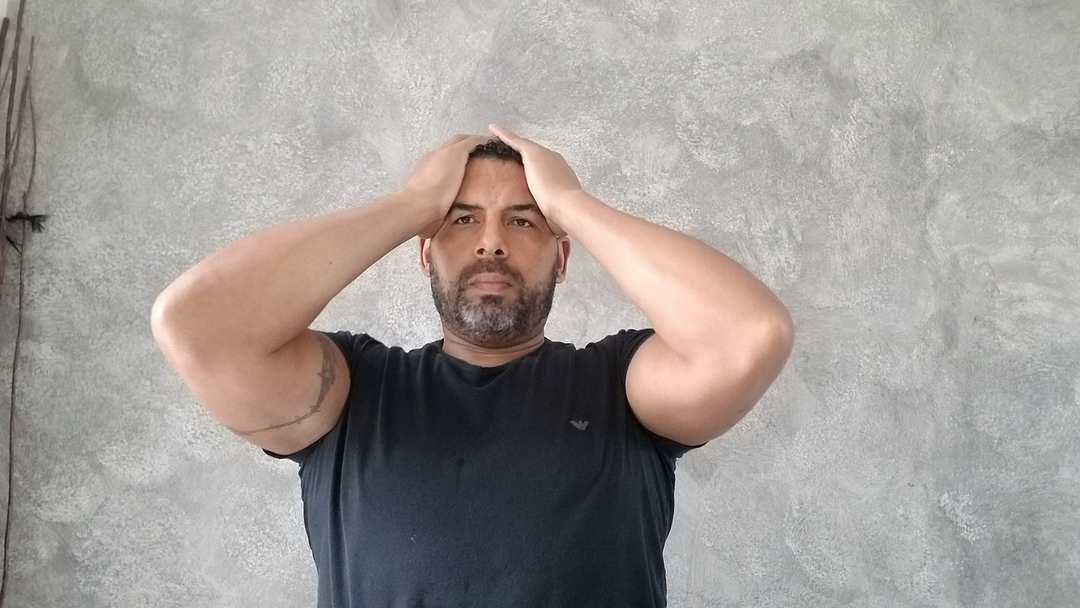The Michigan Supreme Court Wednesday shot down the state attorney general’s high-profile effort to criminally prosecute seven former public officials for their role in the Flint water crisis.
In a series of orders, the court left in place lower court dismissals of the charges, which were thrown out after an earlier Supreme Court ruling found that a prosecution team appointed by Attorney General Dana Nessel had improperly relied on a one-person grand jury to bring charges in 2021.
Wayne County Prosecutor Kym Worthy, appointed by Nessel as co-lead of the state’s prosecution team along with Solicitor General Fadwa Hammoud, had used the unusual tactic, in which prosecutors presented evidence in secret to a single judge to secure charges against multiple former public officials.
Flint Water Crisis Summary
The Flint Water Crisis was a public health crisis that started in 2014 after the drinking water for the city of Flint, Michigan was contaminated with lead and possibly Legionella bacteria. In April 2014, during a financial crisis, state-appointed emergency manager Darnell Earley changed Flint’s water source from the Detroit Water and Sewerage Department (sourced from Lake Huron and the Detroit River) to the Flint River. Residents complained about the taste, smell, and appearance of the water, and many raised concerns about its safety.
However, state and local officials repeatedly assured residents that the water was safe to drink. It was not until 2015, after months of protests and pressure from activists and public health experts, that the state finally admitted that the water was contaminated with lead.
The Flint Water Crisis had a devastating impact on the city’s residents, particularly children. Lead poisoning is especially harmful to children, and can cause a range of health problems, including learning disabilities, behavioral problems, and reduced IQ. An estimated 6,000 to 12,000 children were exposed to lead-contaminated water during the crisis.
The Flint Water Crisis is a story of government negligence and environmental injustice. The city’s decision to switch to the Flint River was made in an effort to save money, but it came at a great cost to the city’s residents. The crisis also exposed the deep racial and economic inequality in Flint, as the city’s predominantly Black and low-income residents were disproportionately affected by the contamination.
Flint Water Crisis FAQs
What caused the Flint Water Crisis?
The Flint Water Crisis was caused by a combination of factors, including:
- The city’s decision to switch to the Flint River as its water source. The Flint River is more corrosive than the Detroit water system, and this caused the city’s lead pipes to corrode and leach lead into the water.
- The state’s failure to properly treat the Flint River water. The Flint River water is more acidic than the Detroit water system, and this required the state to add corrosion inhibitors to the water to prevent lead from leaching into the pipes. However, the state failed to add enough corrosion inhibitors, which allowed the lead to leach into the water.
- The state’s failure to listen to residents’ concerns about the water quality. Residents complained about the taste, smell, and appearance of the water from the beginning, but the state repeatedly assured them that the water was safe to drink.
Who was affected by the Flint Water Crisis?
The Flint Water Crisis affected all residents of Flint, but it was particularly harmful to children. Lead poisoning is especially harmful to children, and can cause a range of health problems, including learning disabilities, behavioral problems, and reduced IQ. An estimated 6,000 to 12,000 children were exposed to lead-contaminated water during the crisis.
- What has been done to address the Flint Water Crisis?
- The state has taken a number of steps to address the Flint Water Crisis, including:
- Switching Flint back to the Detroit water system.
- Replacing lead pipes in Flint homes.
- Providing bottled water and water filters to residents.
- Providing medical care and educational support to children who were exposed to lead-contaminated water.
More Posts

Felony Firearm Possession in Michigan
Felony Firearm Possession in Michigan.In Michigan, the laws surrounding firearms are strict, especially when it comes to felony firearm possession. If you’re charged with a felony and found to be in possession of a firearm during the crime, the penalties can be...

Charged with Involuntary Manslaughter for “Stopping” Thief
Charge with involuntary manslaughter for stopping thief.PEOPLE OF THE STATE OF MICHIGAN V. HASSAN WALID AIYASHCase Summary: This case revolves around a gas station attendant who was charged with involuntary manslaughter after a patron was fatally shot inside the...

Unlawful Possession of a Controlled Substance in Michigan
Unlawful Possession of a Controlled Substance in MichiganIn Michigan, being caught with illegal drugs can lead to serious consequences. The state has strict laws on drug possession, and unlawful possession of a controlled substance is one of the most common charges....

Childless Divorce in Michigan
Childless Divorce in Michigan Property Disputes and False AccusationsDivorce can be a challenging process, especially when there are significant disagreements over property and accusations flying between the parties. In Michigan, even childless divorces can involve...

Do the passengers in your vehicle have 4th Amendment Rights?
Do Passengers in your vehicle have 4th Amendment Rights against Search and Seizure?Passengers in a vehicle are afforded Fourth Amendment protections against unreasonable searches and seizures, though the scope of these rights varies based on the specific circumstances...

Obstruction and Resisting Arrest in Michigan
Stop resisting!Defending against resisting and obstruction arrest in Michigan is a serious matter and requires a well-prepared legal strategy. These are bonus charges you get if you don't comply like a limp biscuit. They will stay on your record and everytime you have...

Obstruction Laws in Michigan
Move along or you'll be arrested for Obstruction of "Justice".In Michigan, obstruction is a crime that involves interfering with law enforcement or other officials when they are trying to carry out their duties. Obstruction can cover a wide range of actions, including...

Defending against false accusations of Criminal Sexual Conduct
Defending against false accusations of Criminal Sexual Conduct (CSC) in MichiganDefending against a false accusation of Criminal Sexual Conduct (CSC) in Michigan is a serious matter and requires a well-prepared legal strategy. Here are several steps you should take to...

Can I sue for being falsely accused of Criminal Sexual Conduct
If you are innocent and falsely accused of Criminal Sexual Conduct (CSC) in Michigan can you sue?Yes, if you have been falsely accused of Criminal Sexual Conduct (CSC) in Michigan and can prove that the accusations were malicious or knowingly false, you may be able to...

Resisting Arrest in Michigan
Stop resisting! Stop resisting!In Michigan, resisting arrest is a serious crime. Under Michigan Compiled Law (MCL) 750.81d, it is illegal to resist or obstruct a police officer or any other law enforcement official when they are performing their duties. This law...








